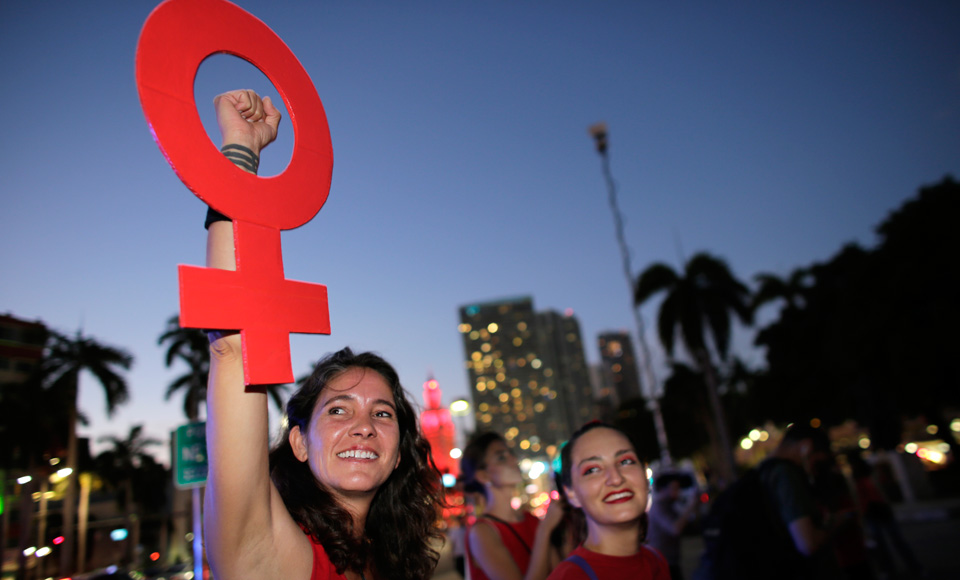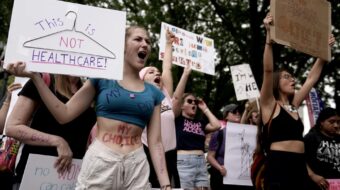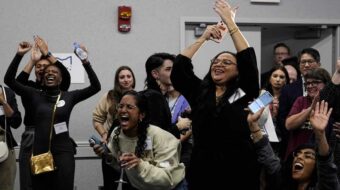
Despite research that can be interpreted that Millennial women, (those currently between the ages of 18-35), are closing the wage gap for a variety of reasons, (millennial men are earning less, some millennial women are earning more), the fight for pay equality is still as important as ever. With data as current as 2016, research has shown that women earn between an average of 72 to 80 cents for every dollar their male counterparts make. A 20-22 cent difference may not appear to be much, but according to a recent study by the National Women’s Law Center (NWLC) this gap can have a woman looking at losing nearly $10,500 of yearly earnings that she could have made if she were a man. This gap widens even further when factors such as race are taken into consideration, with Black women earning 63 cents for every dollar their white male counterpart makes, and Hispanic women earning 54 cents in comparison.
The fight for women’s equality has been a long one, with gains being made over the decades, yet there is still a long way to go. The continued existence of this wage disparity signifies that even in 2017 a woman’s work, and overall livelihood, is valued less than a man. It is one of the many issues women deal with under the current White House administration led by Donald Trump, that has continued to take aim at the rights of women and all workers. The wage gap is important to fight against not only because of the detriment it does to women, but the division it causes between men and women as they are separated through sexist practices, thus keeping them from being able to work together for livable wages for everyone.
In this current political climate it is imperative that people, young and older, are aware of what is going on, and what affects them, as laws regarding our livelihoods are passed by people (mostly men) on Capitol Hill, who would rather we not be informed. Information and education is key in this endeavor. Especially for our younger people, as they are to be the ones who will eventually enter the workforce and vote, and struggle, for a better future.
Recently I was granted the opportunity to be interviewed by Seattle Washington middle school students Elle O., Kayla J., and Sophie S., for their podcast project on the reasons for the uncontrolled gender wage gap, and what can be done to combat it, for their school’s podcast project. The young ladies put a lot of research into their podcast presentation, and are great examples of the need for young people to be involved now and going forward in these struggles. I was happy to add some insight to this important topic. In a time where accusations of “fake news” run rampant to distract us from what is at stake, the fight for equality and fair wages for all should remain at the top of our to do list. Listen to the full podcast below.












Comments